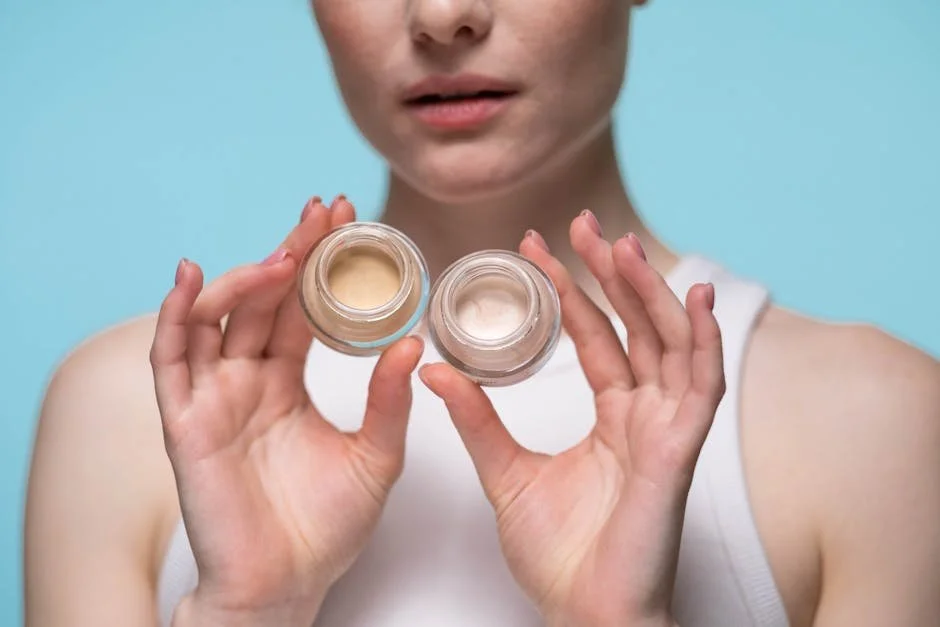7 Dark Spot Treatments That Will Transform Your Skin
Dark spots on the skin can be a source of annoyance for many, marring the flawless complexion everyone dreams of. Fortunately, advancements in skincare have introduced numerous treatments that promise to lighten or even eliminate these pesky imperfections. In this blog, we’ll explore seven dark spot treatments that have garnered praise for their effectiveness. From natural remedies to high-tech solutions, get ready to discover your pathway to clearer, more radiant skin.
1. Over-the-Counter Topical Creams
When it comes to accessibility and ease of use, over-the-counter (OTC) topical creams are a go-to for many looking to lighten dark spots. These creams often contain ingredients like hydroquinone, glycolic acid, or vitamin C, which are known for their skin-brightening properties. Starting with a lower concentration is advisable, as it allows your skin to adjust without experiencing irritation. Remember, while these creams can be effective, patience is crucial; it may take weeks or even months of consistent use to see significant improvements.
2. Professional Chemical Peels
For those seeking more immediate results, professional chemical peels can be an effective dark spot treatment. Performed by a dermatologist, these peels use stronger acids to remove the top layer of skin, revealing fresher, more even-toned skin underneath. Recovery time varies, and while some peeling and redness are expected, the results can be quite dramatic. It's essential to follow your dermatologist's aftercare instructions to ensure the best results and minimize the risk of side effects.
Understanding the different types of chemical peels—light, medium, and deep—can help you discuss with your dermatologist which option is best for your skin concerns. Light peels may require multiple sessions for optimal results, whereas medium and deep peels offer more dramatic results with a longer recovery period. Your skin type, dark spot severity, and lifestyle should all play into this decision.
3. Laser Therapy Treatments
Laser therapy is a high-tech dark spot treatment that targets melanin, the pigment causing dark spots, without damaging surrounding tissue. There are various types of lasers, each suited to different skin types and concerns. For example, intense pulsed light (IPL) is often used for lighter skin tones, while Nd:YAG lasers may be safer for those with darker skin. Consultation with a seasoned professional is key to choosing the right type of laser therapy for your skin.
4. Natural Remedies
For those who prefer a gentler approach, natural remedies can offer a milder alternative to chemical treatments. Ingredients like lemon juice, aloe vera, and licorice extract have properties that may lighten dark spots gradually over time. It's vital to proceed with caution, though, as natural doesn't always mean safe for everyone. Performing a patch test before applying anything new to your face can help prevent adverse reactions.
5. Microneedling
Microneedling, a procedure that involves creating tiny punctures in the skin using fine needles, has gained popularity as a dark spot treatment. This process stimulates the skin's natural healing process, leading to the production of collagen and elastin, which can improve the appearance of dark spots over time. Typically performed by a dermatologist or a trained skincare professional, microneedling is often combined with topical treatments for enhanced results.
6. Sunscreen: The Preventative Treatment
Perhaps the most crucial dark spot treatment is also the simplest: sunscreen. Daily use of SPF 30 or higher can prevent new dark spots from forming and protect against the worsening of existing spots. Sunscreen acts as a shield, blocking harmful UVA and UVB rays that trigger melanin production. For those undergoing other dark spot treatments, sunscreen is especially important, as these treatments can make your skin more sensitive to sunlight.
7. Prescription Medications
If over-the-counter options don't suffice, prescription medications may be the next step. These often contain higher concentrations of active ingredients like hydroquinone, retinoids, and corticosteroids, offering a more potent approach to lightening dark spots. Due to their strength, these medications should be used under the guidance of a dermatologist, who can monitor your skin’s response and adjust your treatment as necessary to avoid potential side effects.
